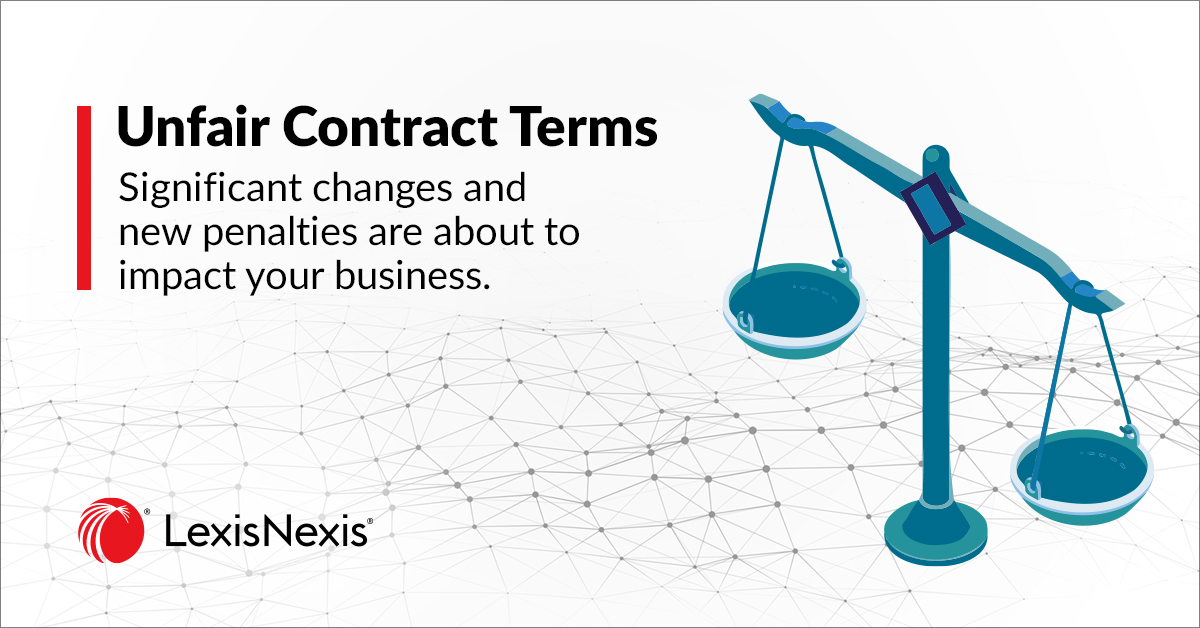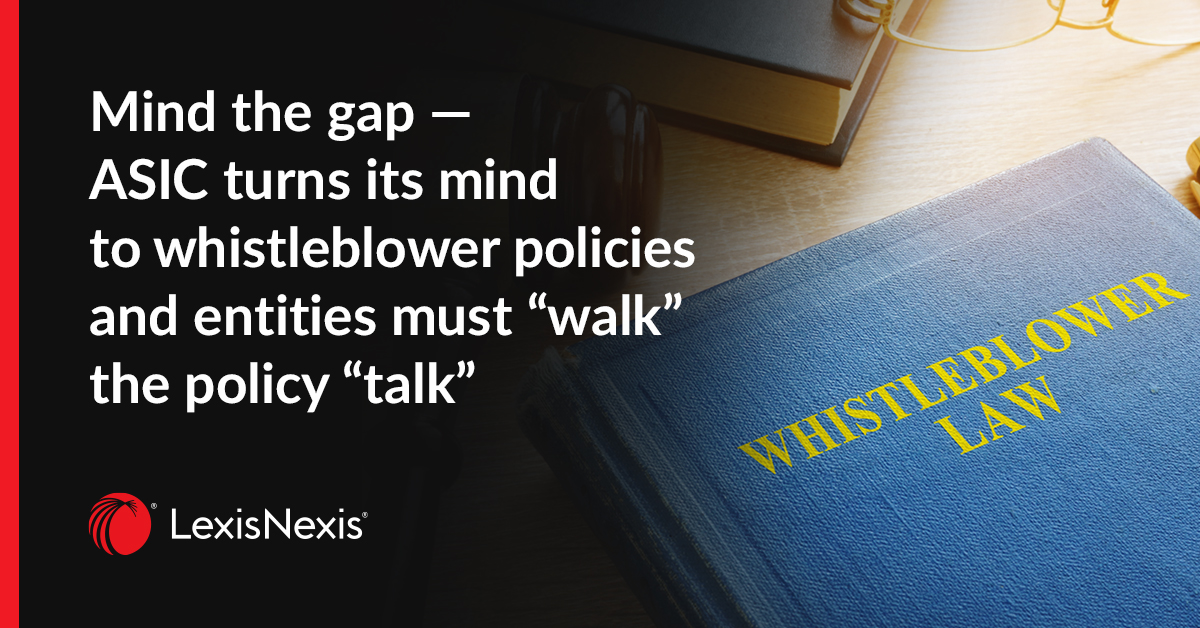
Is Buy Now, Pay Later a Bubble That’s About to Burst?
19 September 2022 00:11
Fiona Thatcher, Senior Legal Writer – Practical Guidance Consumer explains.
BNPL (buy now, pay later) is an increasingly popular form of consumer credit in Australia, but is this a bubble that’s just waiting to burst?
With new players, the threat of new regulation, and rising interest rates posing challenges, Fiona Thatcher unpacks the issues for providers, merchants and consumers.
What is buy now, pay later?
BNPL allows consumers to purchase goods and services but pay for them later, including by instalments.
BNPL is similar to a lay-by system but instead of goods being put aside until payment is made in full, the provider (such as Afterpay, Zip or Klarna) pays the retailer for goods upfront, allowing consumers to take goods home immediately without payment.
BNPL is marketed as an alternative to credit cards because no interest is charged on the debt. The bulk of BNPL providers’ revenue is generated by charging retailers a fee for each customer transaction which ranges from roughly 2–8% of the cost of the purchase, and by charging borrowers establishment, late payment and/or account keeping fees.
The use and availability of BNPL has accelerated since the onset of the COVID-19 pandemic. By late 2021, Australia had the highest uptake of BNPL of any country, with 38% of all Australian adults reported to be using the service as of March 2022.
For many merchants, BNPL has become essential to their business, allowing them to draw in new customers who would otherwise be unable to purchase their goods and services.
How is BNPL regulated in Australia?
The BNPL sector is largely self-regulated in Australia and around the world.
As a baseline, BNPL arrangements are regulated under the Australian Securities and Investments Commission Act 2001 (Cth), so providers are prevented from engaging in misleading, deceptive or unconscionable conduct in relation to their services. The design and distribution obligations in the Corporations Act 2001 (Cth) requiring the industry to design fit-for-purpose products that meet consumer needs were also applied to BNPL since October 2021.
However, the consumer protections under the National Consumer Credit Protection Act 2009 (Cth) (NCCP Act) do not apply to BNPL arrangements because no interest is charged on the advances (or they are continuing credit contracts). As such, providers do not need to hold an Australian credit licence and need not comply with responsible lending obligations. This means basic consumer protections, such as the requirement to assess a borrower’s ability to repay and hardship processes, are not required. Consumers have been allowed to use BNPL despite having limited income and existing debts.
The industry’s self-regulatory Buy Now, Pay Later Code of Practice (the Code) came into effect on 1 March 2021 with the aim of taking a “proactive approach to increasing consumer protections and go beyond current regulatory obligations”. The Code only applies to providers who opt in; currently all the major BNPL players are signatories. The Code is enforced by an independent committee and encourages members to be “fair, honest and ethical” and carry out suitability assessments. In 2021, there was a low rate of complaints received under the Code.
What problems are facing the BNPL sector?
BNPL presents several challenges for providers, merchants and consumers.
From a consumer perspective, most users of BNPL are female, younger than 40 and are typically lower-income earners. Through the recent cost-of-living crisis, uptake of the service has only increased, with consumers taking out multiple BNPL loans to buy essential goods and services like food and rent. Many at-risk Australians are becoming trapped in debts they cannot afford to repay.
For merchants, despite paying a commission for every sale made using a BNPL platform, they are typically prevented from passing on that cost to consumers via “no-surcharge” clauses in their contract with the BNPL provider (unlike other payment arrangements such as credit cards where reasonable surcharge fees are allowed). In late 2021, the RBA said that these clauses should be removed from merchant agreements, but “no-surcharge” clauses are still prevalent in BNPL contracts and will remain so unless the RBA’s recommendation is legislated. This may be a double-edged sword for retailers, though, as research suggests that most consumers would switch to other payment types if they knew a BNPL surcharge was added.
For providers, there has been significant disruption in the BNPL market since early 2022, with many large banks and tech companies like Apple and Paypal offering their own version of BNPL as a feature, crowding the market with competition and threatening stand-alone providers’ ability to capture customers. Recent interest rate rises pose an additional challenge for providers due to the higher cost of loans. Further, due to the increasing uptake by vulnerable consumers, the number of “bad debts” accumulated by providers are increasing in volume year on year. BNPL companies, rather than merchants, bear the risk of consumers being unable to repay their loans, because merchants typically receive the full amount of the purchase price (less fees) upfront from the provider. Many bad debts are not worth pursuing given the low value of the loaned amounts and end up being written off.
Incredibly, most stand-alone BNPL providers have failed to ever turn a profit and are instead reporting eye-watering quarterly losses.
How will BNPL be regulated in the future?
There have been growing calls for tighter regulation of BNPL in Australia.
In 2018, an ASIC review found that while BNPL providers may need to be required to comply with the NCCP Act, it had “not yet formed a view that this is necessary.” In late 2021, the Coalition-led Parliamentary Joint Committee Inquiry into Mobile Payment and Digital Wallet Financial Services recommended a “wait-and-see” approach.
In 2022, the new ALP government said that it intends to regulate BNPL arrangements as credit products by mid-2023 but that the laws applying to the sector will not be identical to those governing other forms of debt such as credit cards.
The strongest regulatory action would be to amend the NCCP Act to classify BNPL as credit, which would mean:
- caps on fees and charges;
- obligations on providers to check the borrower’s capacity to repay as part of the credit suitability assessment and assist users in financial hardship; and
- restrictions on marketing.
However, this is unlikely to happen. The new government will not want to be seen as stiflers of innovation, particularly towards a sector that is already regarded as struggling.
The ALP is instead likely to recommend that the BNPL Code be made an ASIC-approved enforceable code, similar to the Banking Code of Practice. While this may effectively be a toothless initiative from a consumer perspective given the current low rate of complaints about code members, this is good news for merchants and providers, who will continue to access the increased flow of customers and funds. Meanwhile, consumer debt will continue to mount.
Read the Guidance on Buy Now Pay Later HERE inside Practical Guidance Consumer.
Practical Guidance Consumer is designed to assist legal practitioners dealing with commercial and consumer law issues, including matters relating to the Australian Consumer Law and consumer credit legislation.
Use this module to gain best practice insight into navigating the laws, codes and regulations impacting the business-to-customer relationship, with guidance on consumer guarantees, advertising, consumer privacy, misleading or deceptive conduct and unconscionable conduct.
Interested in a demo, a free trial or pricing? Please click here.
Latest Articles
-
 3 tips for banking and finance lawyers when responding to an ASIC enquiry, and how to avoid misleading or deceptive conduct.
3 tips for banking and finance lawyers when responding to an ASIC enquiry, and how to avoid misleading or deceptive conduct. -
 Significant increases to competition and consumer law penalties have commenced and sweeping reforms to the unfair contract terms regime will follow in 12 months’ time.
Significant increases to competition and consumer law penalties have commenced and sweeping reforms to the unfair contract terms regime will follow in 12 months’ time. -
 The Australian Securities and Investments Commission (ASIC) is calling on Australian CEOs, from public companies, large proprietary companies and corporate superannuation trustees to review their whistleblower policies and processes to ensure compliance with private sector whistleblower laws.
The Australian Securities and Investments Commission (ASIC) is calling on Australian CEOs, from public companies, large proprietary companies and corporate superannuation trustees to review their whistleblower policies and processes to ensure compliance with private sector whistleblower laws.
Practical Guidance
Your one-stop solution for accurate legal answers from Australian legal experts. Tools, practically focused guidance notes, checklists, precedents, and training materials support and streamline your legal workflow.
LEARN MORE LexisNexis
LexisNexis